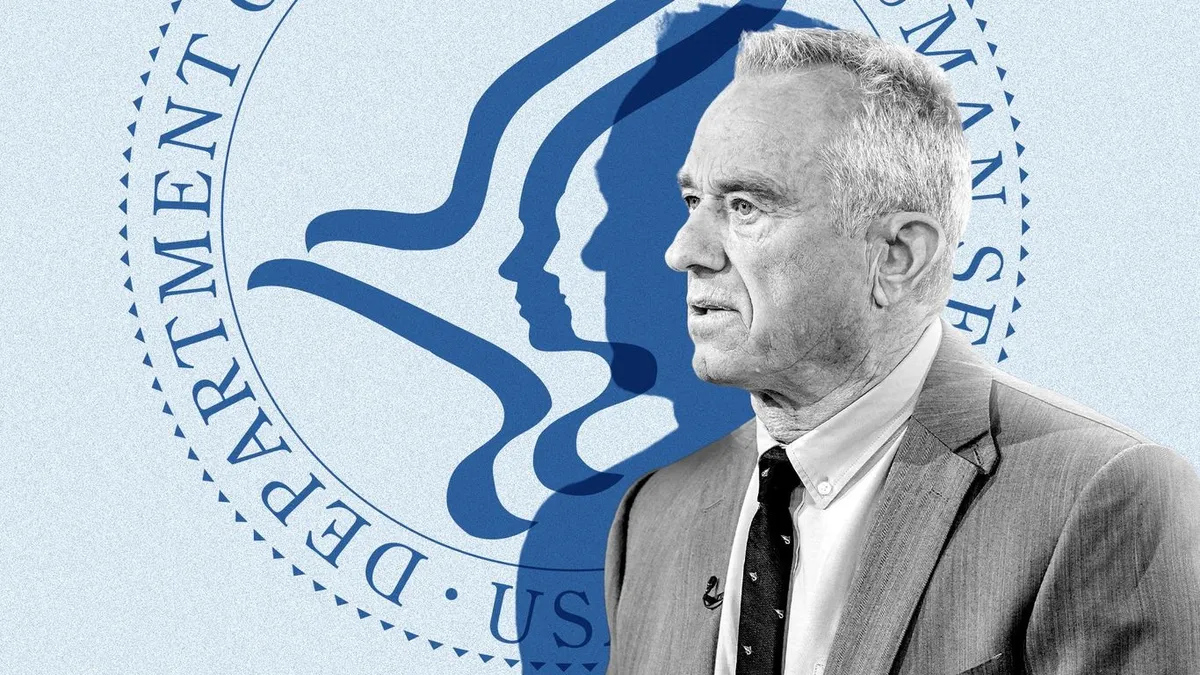
The recent updates regarding COVID-19 vaccine policies are significant, especially as they align with the expectations of drug companies. However, challenges remain on the horizon as the Centers for Disease Control and Prevention (CDC) and a vaccine advisory board, selected by Kennedy, assess the suitability of the vaccines in the coming weeks. This ongoing evaluation is crucial in determining the future landscape of vaccine accessibility and public health.
In a recent announcement on X, Kennedy revealed that the Food and Drug Administration (FDA) has rescinded the emergency use authorizations for the mRNA vaccines developed by Pfizer and Moderna. Instead, the FDA has now approved boosters specifically for high-risk patients. This group includes individuals aged 65 and older and those with at least one underlying health condition that may lead to severe illness from COVID-19.
For healthy adults and youths, the guidelines stipulate that they must consult with a doctor before receiving a vaccine. It is important to note that the list of underlying conditions that may increase the risk of severe COVID-19 is extensive. Conditions such as asthma, heart disease, depression, physical inactivity, and smoking are all included in this list.
Notably, the new policies do not extend to healthy children under the age of 5. This leaves the decision of whether to prescribe vaccines off-label to physicians. This aspect raises questions about vaccine access for younger children, as well as potential health implications for this demographic.
These policy changes appear to reflect Kennedy's previous commitments to dismantling pandemic-era regulations while still enabling access to vaccines. According to Kennedy, the vaccines remain available to all patients who choose to receive them after a consultation with their healthcare providers. He emphasized that the American people deserve science, safety, and common sense, claiming that this new framework effectively delivers these elements.
However, the availability of vaccines for the youngest children remains uncertain, and there may be potential cost and administrative hurdles that could impact accessibility.
In a response to these developments, the Infectious Diseases Society of America issued a statement urging healthcare professionals to continue recommending vaccination based on the best available scientific evidence. They expressed concern that the narrowed authorization could place millions of lives at risk.
The current situation regarding insurance coverage for the vaccines remains ambiguous. The upcoming deliberations by the CDC will play a pivotal role in determining if certain patients will need to pay out of pocket for vaccines that can cost approximately $140. Pfizer has announced that this season's vaccine will begin shipping immediately and will be available in pharmacies, hospitals, and clinics within a matter of days.
Employers are not required to make immediate changes to their workplace benefits concerning vaccine coverage. According to Kathryn Bakich, senior vice president at a benefits consulting firm, employers cannot cease payment for vaccines during the current plan year. Looking ahead, health plans will closely monitor the Trump administration for indications on whether their coverage obligations for COVID-19 vaccines will be limited to high-risk groups.
Analyst Chris Meekins from Raymond James noted that these changes are likely to result in a decline in vaccination rates, which may subsequently lead to an increase in COVID-19 cases. This trend underscores the importance of ongoing public health efforts to ensure widespread vaccine access and education.